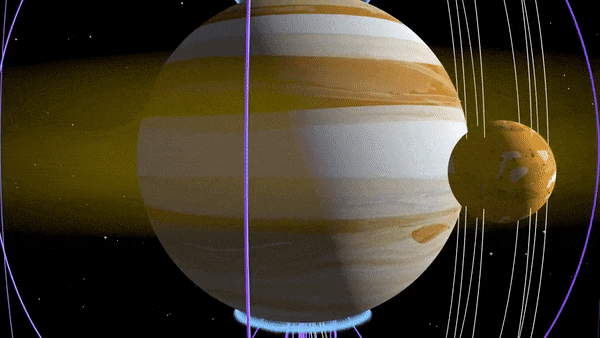
Radiation mapper flying aboard
Once Juice reaches Jupiter, ESA’s Space Radiation and Effects experts are looking forward to finding out how accurate their JOSE model is in practice.
“We have a radiation monitor flying aboard the mission, known as the Radiation-hard Electron Monitor, RADEM, which has been specially designed to observe Jupiter’s high radiation fluxes, equipped with sensors to track how a particle enters and leaves the device,” explains Hugh.
“As soon as the sensor is activated, we plan to cross-check results with other radiation sensors we have placed in orbit, especially during a Solar Particle Event or one of the flybys that Juice makes of Earth en route to Jupiter. Then, when Juice makes it to Jupiter, we’ll get much better data, which will mean in turn that our next radiation model for Jupiter will be even more precise.”



